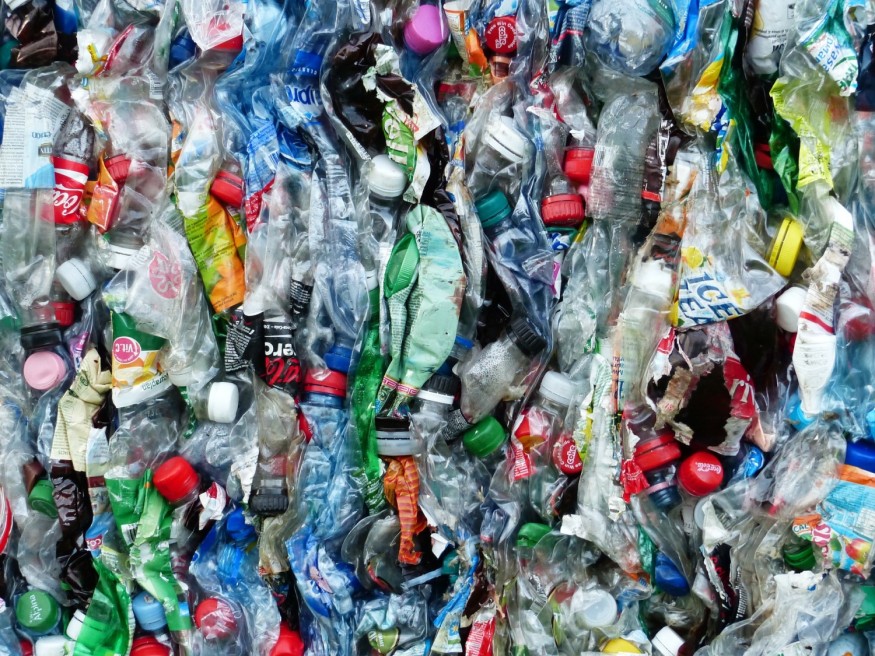According to studies, recycled plastic bottles leak more hazardous substances into their contents than new plastic bottles. Over 150 contaminants were discovered in plastic bottles that were transferred into liquids. Around 18 people had blood levels that were over the legal limit.
Researchers have cautioned that a commonly recycled plastic bottle leaks more potentially dangerous chemicals into its contents than newly made bottles.
Brunel University London researchers discovered 150 chemicals leached into beverages from plastic bottles, with 18 of them finding quantities that exceeded standards.
Observing PETs

They also discovered that beverages packaged with recycled Polyethylene Terephthalate (PET) had greater pollutants than drinks bottled with new PET, suggesting that difficulties with the recycling process may cause contamination. They are advocating for more careful recycling processes to eliminate potentially hazardous compounds.
The thermoplastic PET is the third most extensively used form of plastic in food packaging, with single-use beverages bottles being one of its most common applications.
As one of the most frequent kinds of plastic trash, such bottles have prompted various attempts to enhance PET recycling rates. According to a recent EU rule, PET bottles must include at least 30% recycled material by 2030.
On the other hand, PET is renowned for containing a variety of chemical pollutants, including endocrine disruptors like Bisphenol A, which can cause reproductive difficulties, cardiovascular problems, and cancer, among other things.
Also Read : UN Claims that Plastic Summit May be the Most Important Green Deal Since the 2015 Paris Accords
Chemical Contamination
The researchers looked at 91 papers on chemical contamination from plastic bottles worldwide. The study's lead author, Dr. Eleni Iacovidou, a lecturer at Brunel's center for pollution research and policy, said the chemicals might come from various places, including the catalysts and additives used in PET manufacture as degradation that occurs during a bottle's history.
The study argues that a method known as the "super cleaning" procedure, which employs a three-stage process to clean old plastics before recycling - a high-temperature wash, a gas wash, and a chemical wash - may be used to minimize the number of chemicals detected in bottled beverages.
The study argues that a procedure known as the "super cleaning" process, which cleans old plastics in three stages before recycling - a high-temperature wash, a gas wash, and a chemical wash - may be used to minimize the quantity of chemicals detected in bottled beverages.
Cleaning the Bottles
Cleaning the bottles is already part of the recycling process before using them as secondary raw material. We can increase the possibility of decontaminating recycled PET to levels comparable to virgin PET by investing in innovative super-cleaning technologies.
The ultimate answer to the problem, as always, is for society to stop using PET completely, according to Iacovidou.
We all have a share of the blame. We need to start thinking about how to avoid using PET bottles in our homes by investing in water filters or large water containers and learning how to dispose of our plastic trash properly, she added.
They will push change farther up the chain if we minimize our PET usage. In the first place, fewer demand means less output.
Related Article : Alarming Report Considers Plastic Pollution as a Planetary Emergency
For more environmental news, don't forget to follow Nature World News!
© 2025 NatureWorldNews.com All rights reserved. Do not reproduce without permission.





